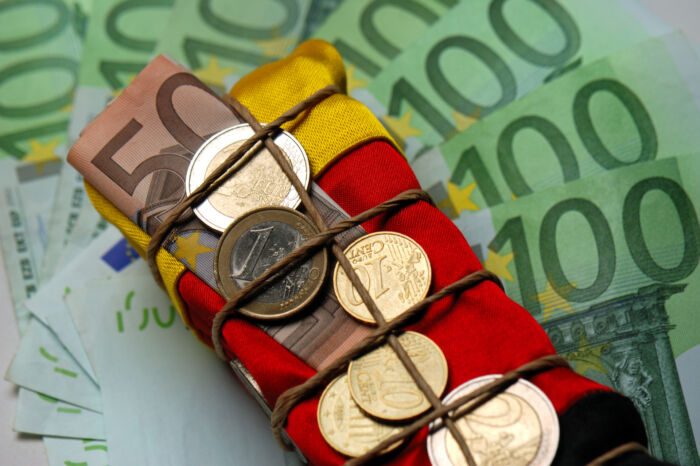The measures, which include proposals to extend public transport discounts and tax breaks, have been agreed upon by the three parties in the ruling coalition, namely Chancellor Olaf Scholz’s Social Democrats with the coalition Greens and the liberal Free Democrats (FDP).
What does the new aid package proposal contain?
This, the 3rd government aid package will include a one-off energy allowance of €300 for the elderly, which they will receive as a lump sum on 1 December.
Students will also receive a one-time allowance of €200 to help them get through this difficult time.
Chancellor Scholz commented.
“This is about getting our country safely through this crisis.”
Families with children in Germany, who receive a flat-rate child allowance every month regardless of their income, will also benefit. For the first two children, it is €219 each, for the third it is €225 and for each additional child €250. From January, the amount for the first two children will increase by €18 per month for each.
People who receive housing benefits from the state will receive a one-off heating allowance. A household with one person should receive €415 and a household with two people €540. For each additional person in the household, an additional €100 is expected.
Read also: G7 agrees to cap Russian oil prices
Another relief is the postponement of the increase in the price of carbon dioxide emissions. This year, the price per tonne of CO2 was set at €30 and was due to rise gradually to €55 by 2025. An increase of €5 per tonne was planned for January next year, but this will be postponed by the government until January 2024. The original plans to increase the emissions price for 2024 and 2025 will also be delayed by a year.
Funds will also be taken from energy companies
Inflation, which reached 7.9% in August, is being driven up mainly by high energy prices. However, Scholz said many producers of electricity from nuclear, coal, solar or wind continue to produce at affordable prices, but because of the European market design, gas-fired power plants are setting the price.
These producers thus make high profits, which, according to the Chancellor, have nothing to do with real economic activity. Their excessive profits will therefore be taken away from them and will be used to help the population cope with the situation.
However, Germany is managing to fill its gas storage tanks and is about a month ahead of schedule. So it looks like the problem will be high prices in the winter, but the problem will not be a lack of gas.











Comments
Post has no comment yet.